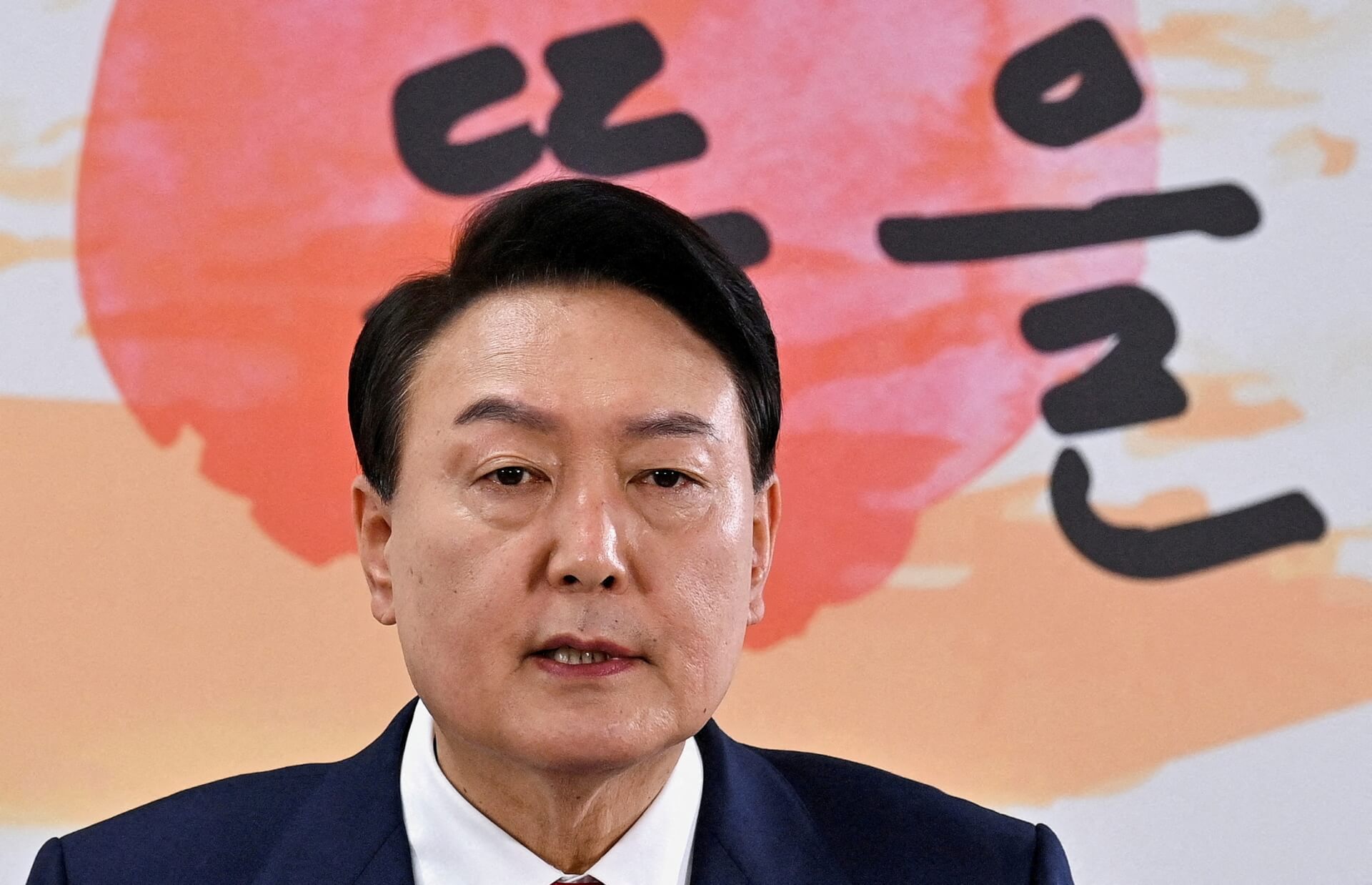A recent report released by the Brussels School of Governance argues that closer ties between the European Union (EU) and South Korea are necessary in order to manage China’s growing power and balance the increasingly tense rivalry between Beijing and Washington.
The report, which was authored by former EU and South Korean diplomats, was released on Tuesday. “Cooperation between Seoul and Brussels can help mitigate the most negative effects of Sino-American competition and ensure that the United States does not turn on its allies but rather cooperates with them,” they said. They went on to add that the ongoing crisis in Ukraine and the need to counter Russia’s “direct threat to the rules-based international order” has made EU-South Korea cooperation even more essential.
To this end, the report recommended that the two sides establish bilateral councils and diplomatic hotlines, and cooperate on pressing issues such as the denuclearisation of North Korea. It also recommended the modernisation of their free trade agreement, as it has been superseded in terms of scope and ambition by other agreements that the EU has signed with South Korean competitors such as Japan.
📝 New #Policy Brief out now: 'South Korea as a “global pivotal state”: the role of partners' - Read it here: https://t.co/I5nnxai3LX#southkorea #rok #YoonSukyeol #US #geopolitics #foreignpolicy #indopacific #europe #china pic.twitter.com/pV1aTy9ItS
— Brussels School of Governance (BSoG) (@Brussels_School) April 25, 2022
Further, the report warned that South Korea’s bid to join the Digital Economy Partnership Agreement and the Comprehensive and Progressive Agreement for Trans-Pacific Partnership could negatively affect trade links between South Korean and European firms if not addressed, as the EU is not part of either FTA, which could inadvertently sideline Korea-EU trade relations.
In this regard, the report suggests four focus areas for South Korea and the EU to strengthen their bilateral relationship: “green strategic partnership, digital cooperation, bilateral FTA modernisation, and facing together geopolitical challenges from US-China competition in the context of Beijing’s assertiveness, inter-Korean relations, and the need to deal with a Russia that has chosen to confront the existing international order and law.”
“I think that the need for cooperation goes beyond specific issues. But Russia’s invasion of Ukraine or China’s assertiveness make clear that there are specific reasons why Korea and the EU need to cooperate,” said Ramon Pacheco Pardo, the Korea Chair at the Brussels School of Governance, noting their shared interests and values, and capabilities.
Echoing the need for cooperation, former South Korean ambassador to the EU Kim Chang-beom said deeper cooperation could boost their strategic value to Washington and Beijing and also grant it greater strategic independence. “It would give additional manoeuvring rooms for South Korea in its dealings with the policy dilemma arising from the rising competition,” he noted.
Incoming South Korean President Yoon Suk-yeol has hinted at making some of the changes suggested in the report. He has vowed to enhance South Korea’s role in the international community, including by expanding “the breadth of diplomacy in the EU and throughout Asia.” The President-elect has also spoken of plans to send a delegation of special envoys to the EU before he takes office on May 10, one of the first such delegations by his transition team.

